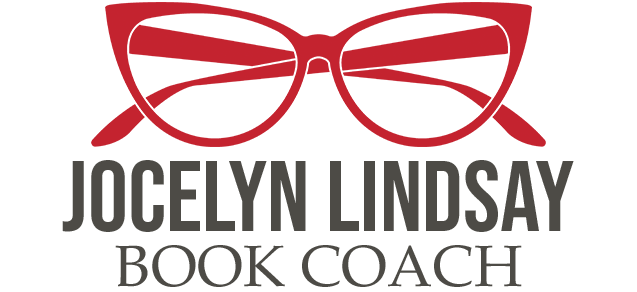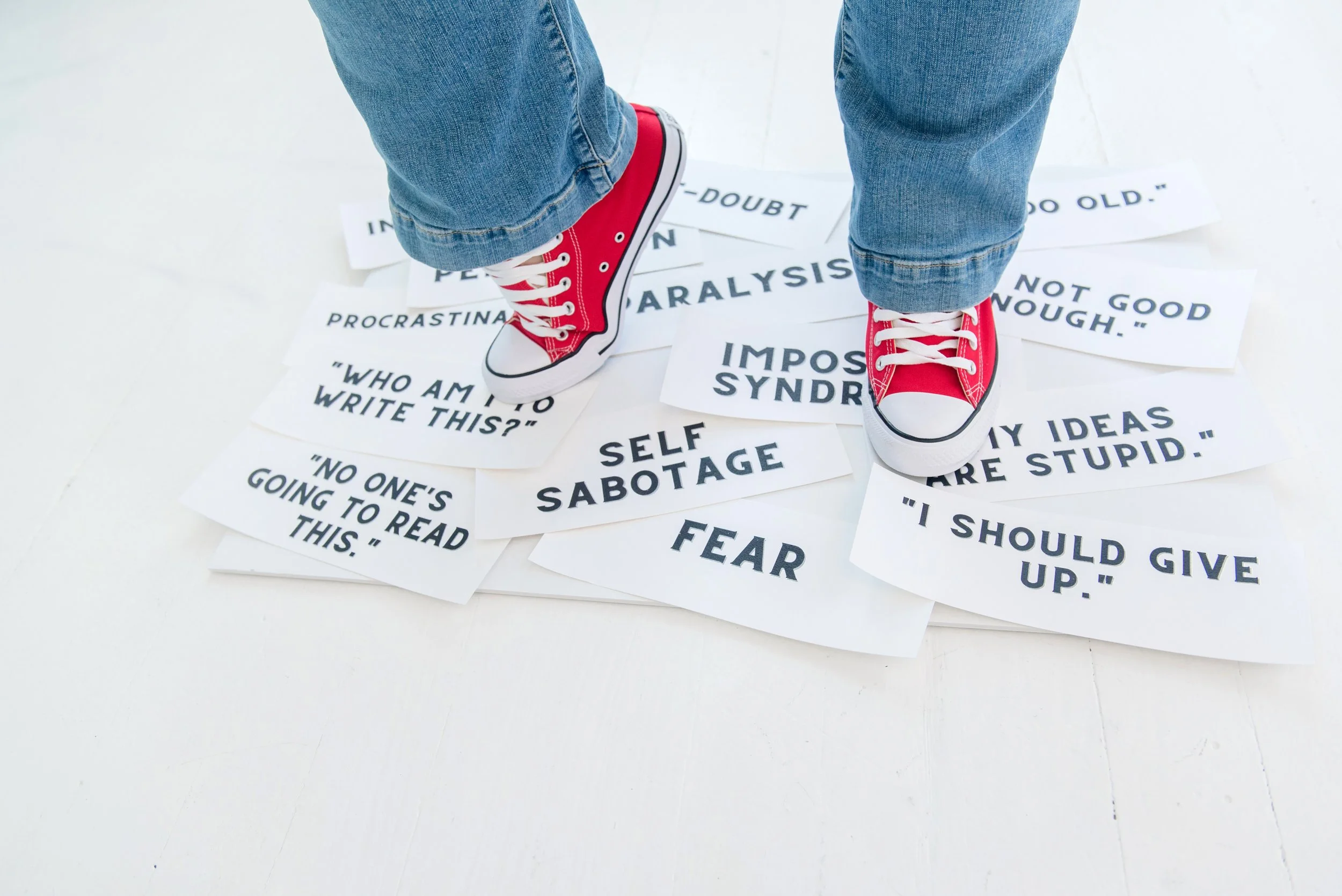Embracing Procrastination
“I'm not procrastinating. I'm doing research. From my couch.”
"I'm waiting to be inspired. Have you seen this new cat video?"
"I can’t write without the perfect candle."
“Writing? Right after I alphabetize the spice rack.”
Any of these sound familiar?
Procrastination, commonly seen as the villain in our writing lives, is typically labeled as laziness or a lack of commitment. It’s often talked about in writing articles and among other writers as something that needs to be overcome.
This perspective is reinforced by a culture that idolizes non-stop productivity.
"I'm not procrastinating. I'm doing research. From my couch."
Image created with DALL-E
For writers, the stigma attached to procrastination is often rooted in the fear of a creative block, a lack of ideas, a deficiency in education, or even a question of one's capability.
We're taught the 'ideal writer' is someone who is always writing, always productive. It leads to the belief that if we're not constantly producing, we're failing.
What if we turn this notion on its head, and we can learn to use procrastination as secret weapon?
4 Positives of Procrastination
Power of Incubation
Procrastination isn't laziness. It's a pause, a necessary breath in our creative process. When you procrastinate, you're not actively thinking about your work, but your subconscious continues humming along in the background, often making connections that wouldn't surface in a state of constant focus.
Creative Cross-Pollination
As writers, especially those of us exploring our craft later in life, engaging in activities unrelated to your writing can lead to 'creative cross-pollination'. A walk, a chat with a friend, or even a cooking experiment can ignite new ideas, lending depth, diversity, and enrichment to our writing.
Emotional Distance
Stepping back from your work provides emotional distance. When you return to your writing after a break, you see it with fresh eyes. You're more likely to notice plot holes, character inconsistencies, or areas needing improvement. This break, which I often recommend to my clients after a draft, isn't just about rest. It's about returning with a refreshed perspective, ready to dive into revisions with a clear mind.
Stress and Creativity
The dance between stress and creativity is a delicate one. Moderate levels of stress can enhance creativity by sharpening our focus, sparking creativity, and heightening problem-solving abilities. But beware - waiting until the last minute isn't a recipe for brilliance. It's about finding the right balance.
This week, lets practice transforming procrastination into a valuable tool.
Reimagine procrastination as a crucial phase of creative incubation, where great ideas often germinate in the most unexpected moments. Let your mind wander, engage in activities that revive your spirit, and then return to your writing desk, refreshed and brimming with new ideas.
Sometimes, even the simple act of organizing your spice drawer can be the catalyst your creativity needs.
What might seem like procrastination could very well be the essential pause that leads to your most exceptional work.
Hello!
My name is Jocelyn.
Story warrior, book lover, day dreamer, gardener, and creative. I help serious writers roll up their sleeves, get their novel ready for publishing, and reach readers. When I’m not elbow-deep in the story trenches, I’m outside world-building in my garden and battling weeds with my three criminal mastermind cats.
GET IT NOW
Don’t write another chapter until you grab the 10 Step Chapter Checklist.
Transform your chapters from blah to badass.



